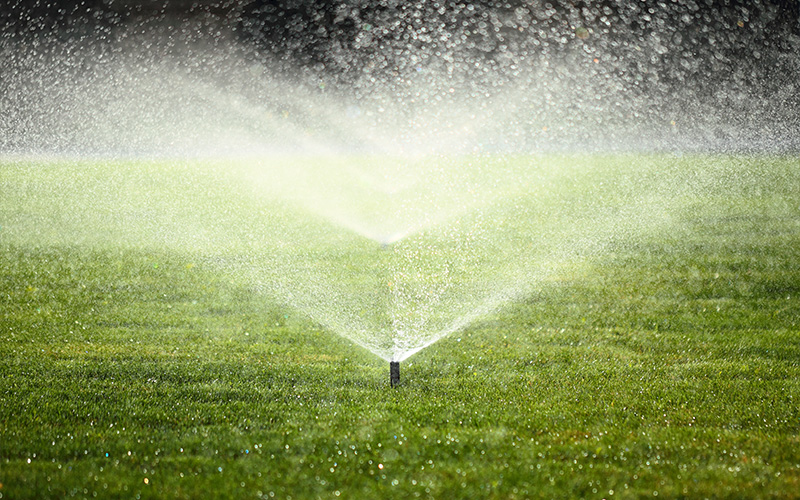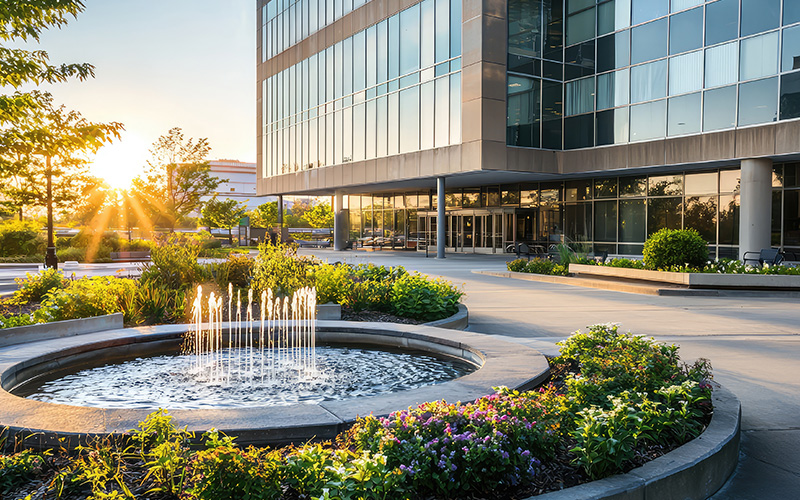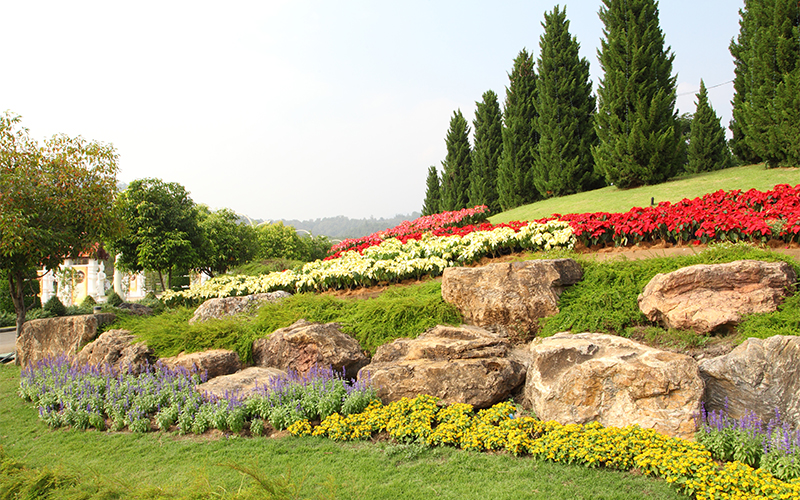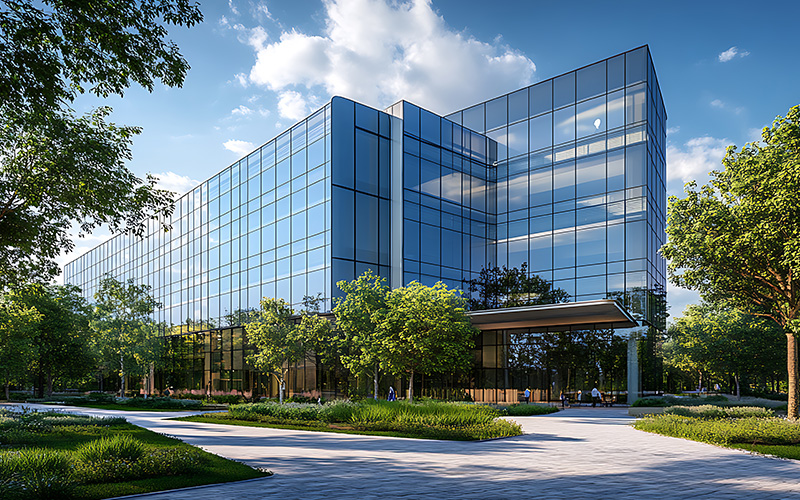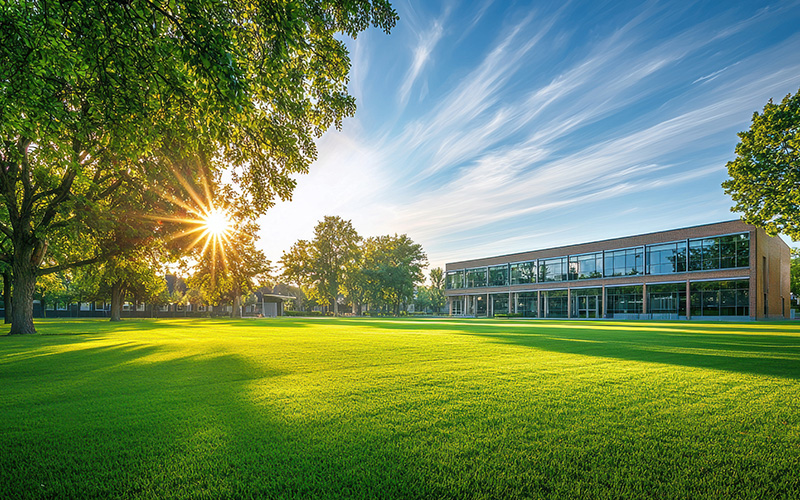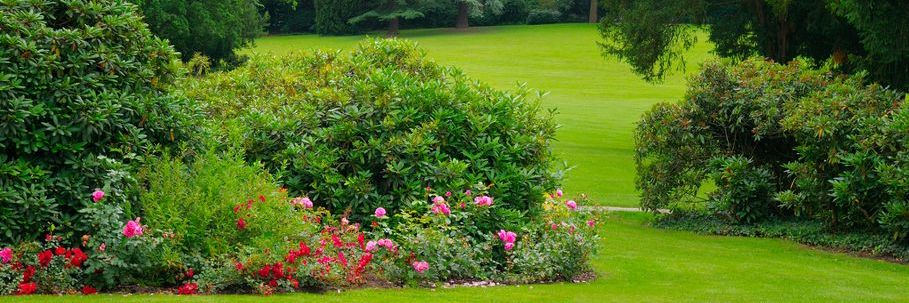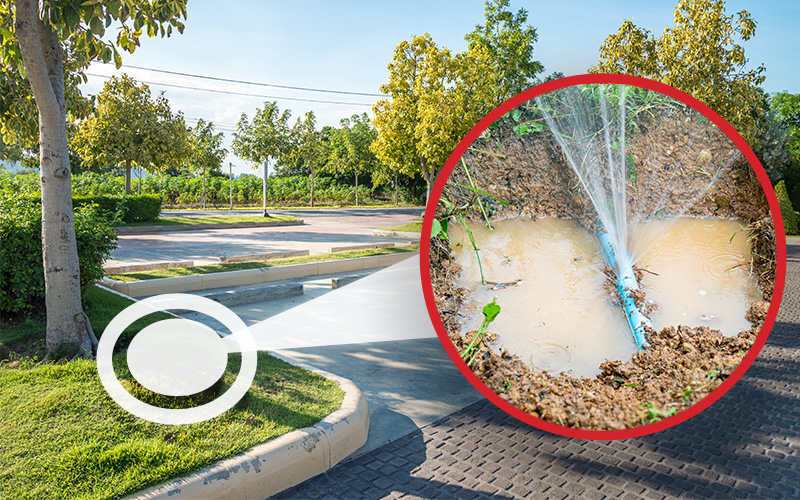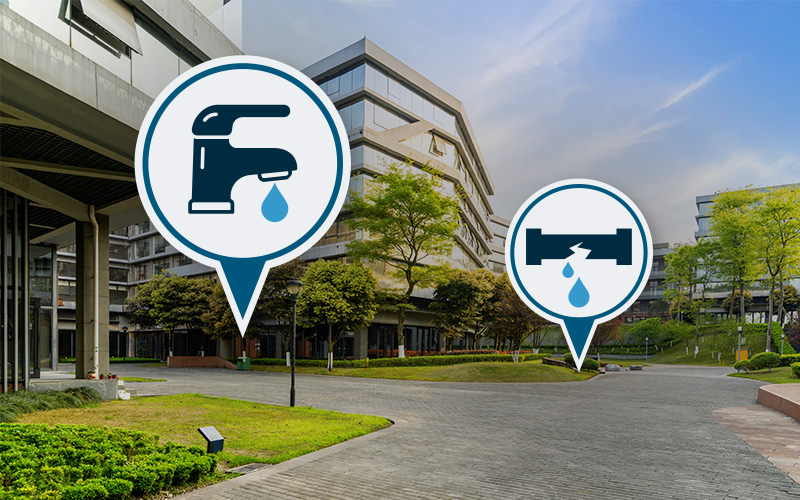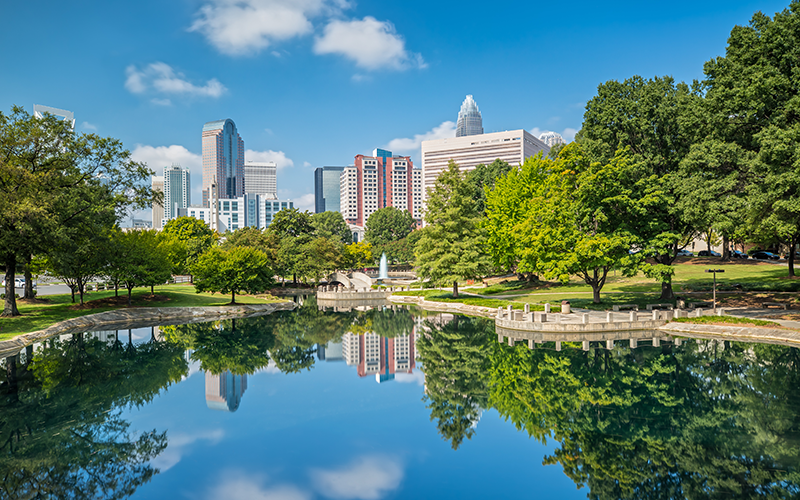Smart Irrigation: A Proven Tool for Water Efficiency, Conservation, and a Resilient Future
Water is one of our most vital, yet vulnerable, resources. As climate change, population growth, and aging infrastructure place increasing strain on global water supplies, organizations have a responsibility to reduce water waste—especially in outdoor irrigation. Conserving, optimizing, and managing water must be a priority—and one of the most effective and proven ways to do […]


